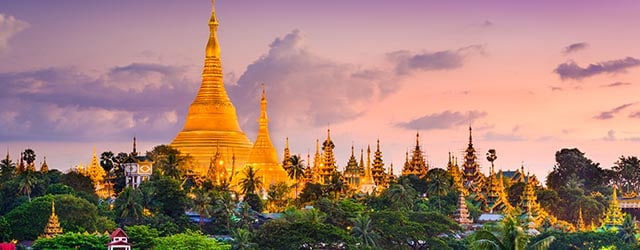In Myanmar, Asia’s odd man out and a global pariah for decades, small signs of progress mean a lot. So the early December launch of the Yangon Stock Exchange (YSX) was a big deal—even if no stocks trade there yet.

Founded by three entities—the state-owned Myanmar Economic Bank; Japan Exchange Group, which operates the Tokyo Stock Exchange; and Japan’s Daiwa Securities—the YSX has the economic wind at its back. The lifting of Western economic sanctions in 2013, as Myanmar’s military regime improved its human rights record and signaled a desire to rejoin the global community, has boosted the economy, which grew by an average of 7.7% in 20122014.
But weak rule of law and a challenging business environment—the World Bank ranks the ease of doing business in Myanmar 177th out of 189 countries—cloud the outlook. It is one of Asia’s poorest countries, with a GDP per capita of just $1,200 (one-third that of Indonesia). Some think its aspiring to be a financial center is a bit premature.
“It’s a bit of a joke, really,” said the head of one of the country’s few investment banks. “They have a lot more to do before a stock exchange comes into the picture.”
The National League for Democracy, led by Nobel Peace Prize winner and longtime democracy advocate Aung San Suu Kyi, will now decide how to build the economy. In November’s elections, the first free polls in decades, the NLD dealt a shocking defeat to Myanmar’s military junta.
Despite its challenges, investors are drawn to Myanmar’s potential. FDI hit $8 billion for the latest fiscal year as global brands eyed Myanmar’s 54 million consumers. Mobile telephony has seen substantial investment as the country’s levels of mobile-phone penetration—recently the second-lowest worldwide after North Korea—have exploded.
Until trading actually begins on YSX, frontier market investors will have to settle for the handful of Myanmar plays on the Singapore Exchange and elsewhere.



